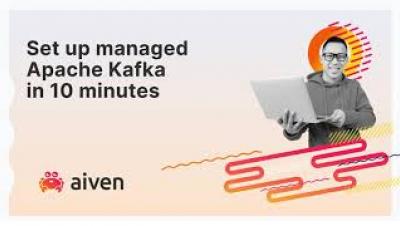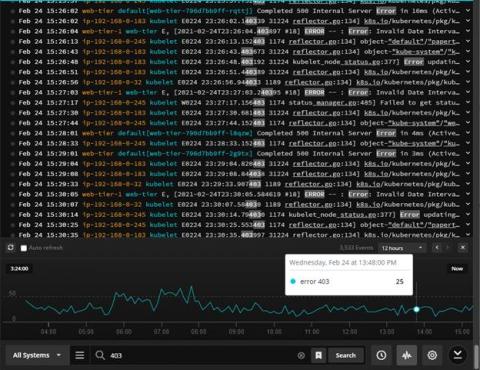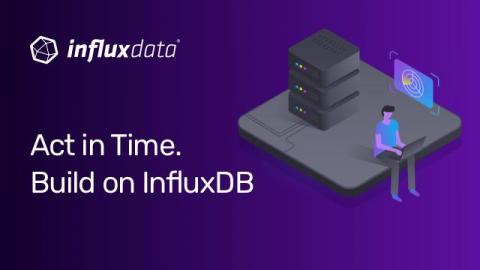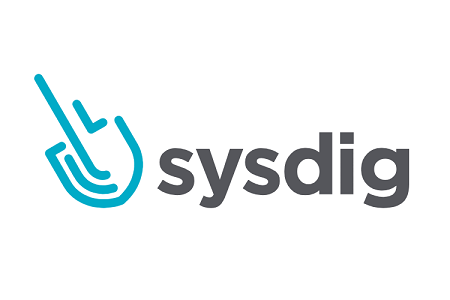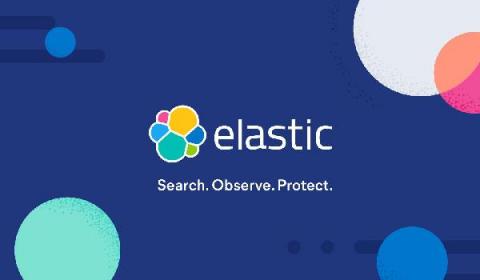Open source enterprise support vs free open source use
Many enterprises use open source enterprise support from a vendor, such as Red Hat or Canonical, to boost uptime and peace of mind. Others choose to use open source without any additional vendor support, relying on one of the major benefits of open source – the robust community support that is freely available.



